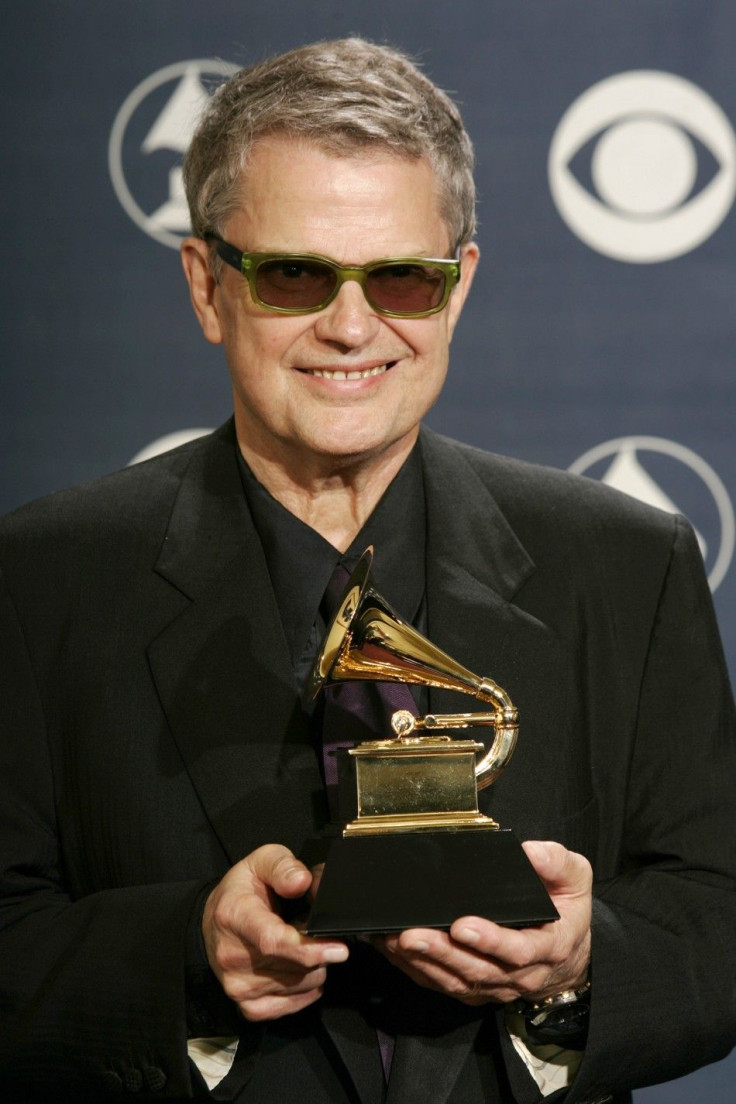Latin jazz artists sue Grammys for dropping their category

Four Latin jazz artists are suing the organizers of the Grammy Awards, alleging the elimination of their category from next year's competition has caused them irreparable harm.
Musicians Robert Sanabria, Benjamin Lapidus, Mark Levine and Eugene Marlow accused the National Academy of Recording Arts & Sciences Inc. of violating its fiduciary and contractual obligations in April when it cut 31 categories from the annual awards ceremony, including Latin jazz.
The musicians' complaint was filed earlier this week in New York State Supreme Court in Manhattan.
The lawsuit also accused the Academy of failing to consider the adverse impact the decision would have on the musicians' careers.
"There's nothing like having the ability to say 'Grammy-nominated,' 'Grammy-award-winning,'" their lawyer Roger Maldonado said on Tuesday.
The plaintiffs, who are seeking class-action status, accused the Academy specifically of failing to solicit input from the voting members of its 12 nationwide chapters before announcing the eliminations.
The Academy said in a statement: "The Recording Academy believes this frivolous lawsuit is without merit, and we fully expect to prevail."
In its news release announcing the eliminations, Academy officials said all general musical genres, such as rock, country, and jazz, would remain intact. The number of categories, however, would be condensed from 109 to 78.
"A transformation of the entire awards structure would ensure that all Fields would be treated with parity," the release said.
In the field of jazz, musicians who previously competed for "Best Latin Jazz Album" will now compete for "Best Jazz Instrumental Album" or "Best Jazz Vocal Album."
Maldonado said this puts his clients at a disadvantage. "You would have to submit under the broad jazz category, now. You're competing against any other number of genres that are not going to be viewed the same," he said. "You're also trying to compare apples and oranges in a way that just doesn't work."
© Copyright Thomson Reuters 2024. All rights reserved.





















